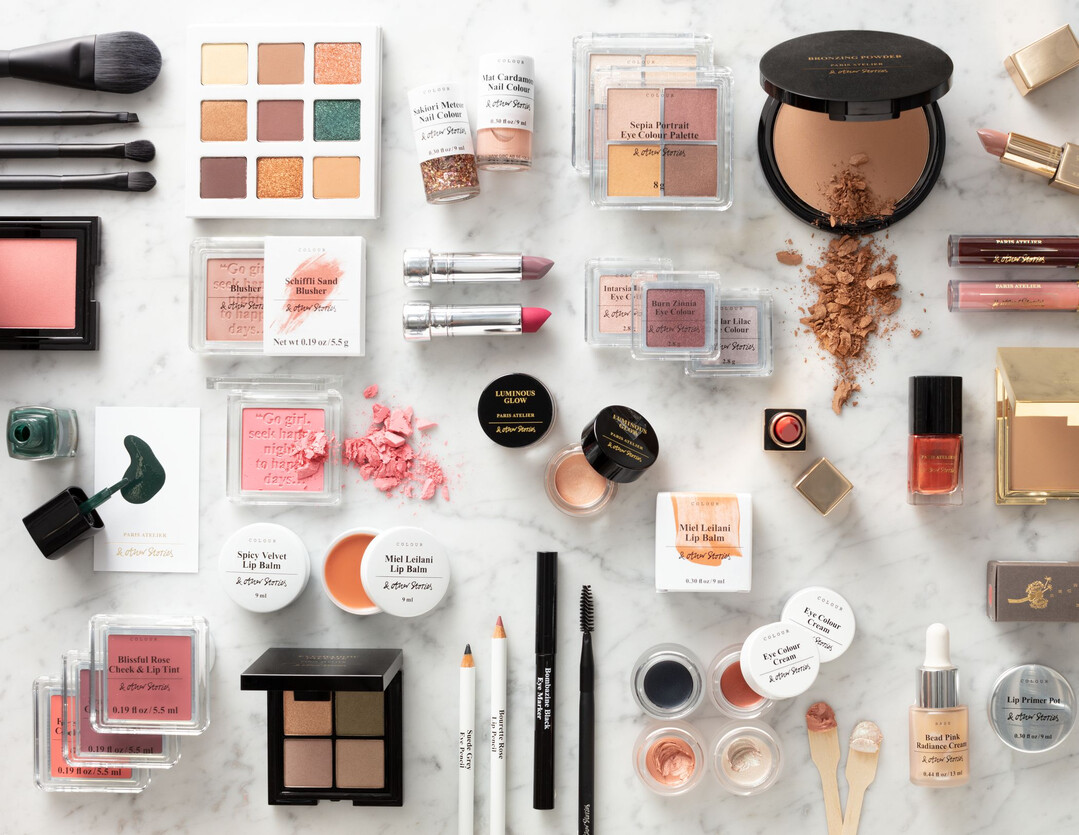
As the Korean Wave sweeps across the globe and the status of K-Content rises daily, K-Beauty is riding this tide to emerge as a new powerhouse in the global beauty market. Surpassing France to become the top cosmetics importer in the United States and securing the No. 1 spot in import value in Japan for three consecutive years, the strong showing of K-Beauty has become an irresistible trend. This in-depth analysis explores the success secrets and ripple effects of K-Beauty, which has transcended a mere trend to become a cultural phenomenon.
K-Beauty Dominates the Global Market
Last May, Shibuya's large general store, LOFT, in Tokyo, was bustling with its "Cosme Festival," prominently featuring K-Beauty products. Dozens of K-Beauty brand stands, including 3CE, Colorgram, and Rom&nd, saw a continuous stream of Japanese consumers in their teens and twenties. In particular, interest among the younger generation, who encountered usage videos by Korean influencers through social media platforms like TikTok, was explosive. According to the Japan Cosmetics Importers Association, Japan's import value of Korean cosmetics last year reached 134.27 billion yen (approximately 1.26 trillion won), ranking first among all importing countries and firmly holding the top position for three consecutive years since surpassing France in 2022.
K-Beauty's expansion is also prominent in the world's largest consumer market, the United States. According to data from the U.S. International Trade Commission, Korea's cosmetics exports to the U.S. last year amounted to $1.701 billion (approximately 2.5 trillion won), for the first time ever surpassing France ($1.263 billion), which boasts luxury beauty brands like Chanel and Dior. This U.S.-driven popularity has extended to Europe; according to Korea Customs Service statistics, Korea's cosmetics exports to the UK last year increased by approximately 48% year-on-year to $149.37 million, with exports to Poland surging by 161.9% and the Netherlands by 34%, indicating a rapid increase in K-Beauty exports across Europe.
Synergy with K-Culture: The Core of K-Beauty's Success
The remarkable growth of K-Beauty is inextricably linked to the influence of K-Culture. Rom&nd's 'Dewyful Water Tint,' introduced by ILLIT member Wonhee during a live commerce broadcast, saw its sales surge by 122% immediately after the broadcast, demonstrating the direct impact of K-Pop idols on product sales. Yoon Hyun-cheol, Vice President of iFamilySC, which operates Rom&nd, explained, "There are many cases where foreign sales dramatically increase when a product is mentioned in K-Pop idols' self-produced content." He added, "The spread of K-Culture through Hallyu content led to the formation of fandoms, and now it has become a structure where it propagates in real-time through social media." As such, K-Culture acts not just as entertainment but as a powerful promotional channel and a medium for enhancing the credibility of K-Beauty products.
The Rise of Indie Brands and Changes in Distribution Channels
The integration with K-Culture has also brought significant changes to the structure of the K-Beauty industry. While the beauty market was previously dominated by large corporations, it is now being reorganized with indie brands experiencing balanced growth. Especially in contrast to the past, when marketing focused unilaterally on exports to China, indie brands are now increasingly entering the global market through diverse online and offline distribution networks such as Amazon and Olive Young.
Professor Seo Yong-gu of Sookmyung Women's University's Business Administration department analyzed, "Olive Young serves as a 'gatekeeper' for indie brands." He explained, "To be admitted to Olive Young, products must meet a certain level of quality, so overseas buyers and consumers view Olive Young products as having undergone a verification process, which signifies trustworthiness." Indeed, Olive Young functions as an important platform assisting the global expansion of domestic small and medium-sized beauty brands and serves as a major channel for overseas consumers to access K-Beauty.
K-Beauty Companies' K-Culture Utilization Strategies
Major domestic beauty companies are also actively utilizing K-Culture to accelerate their global market penetration. Selecting popular K-Pop stars or K-Drama actors as global ambassadors has now become an essential marketing strategy. Vegan beauty brand Dalba leveraged the popularity of K-Pop group SEVENTEEN in Japan by selecting member Hoshi as its Asia Global Ambassador in 2023. LG H&H, riding on the overseas popularity of the K-Drama 'Queen of Tears,' appointed lead actress Kim Ji-won as its global ambassador last July.
CJ Group is maximizing synergy with K-Culture by setting up Olive Young booths at the Hallyu comprehensive festival 'KCON' to introduce products from K-Beauty partner companies. At 'KCON Japan 2025' held in Makuhari Messe, Chiba Prefecture, Japan last May, a 109-pyeong (approximately 360 square meters) booth showcased over 100 products from 40 K-Beauty brands, with approximately 48,000 visitors demonstrating high interest in K-Beauty during the event. These strategies naturally guide K-Culture fandoms towards K-Beauty consumption and significantly contribute to overseas market expansion.
K-Beauty: Continued Growth Potential and Challenges
Experts predict that the global landscape of K-Beauty will further expand based on its synergy with K-Culture. Professor Lee Jong-woo of Ajou University's Business Administration department stated, "As the Hallyu wave spreads beyond Thailand and Vietnam to Africa, there are even cases where local companies in Kenya or Nigeria directly send offers to small and medium-sized Korean cosmetics companies." This suggests the possibility of K-Beauty expanding not just within Asia but also into emerging markets.
However, for K-Beauty to firmly establish itself in the global market, several challenges remain. These include establishing distribution networks, implementing pricing policies that consider local consumers' income levels, and developing customized products suited to the climate and skin characteristics of each region. Furthermore, it will be crucial to continuously introduce innovative products in line with rapidly changing global trends and enhance brand credibility through sustainable management. With the strong support of K-Culture, it remains to be seen whether K-Beauty can set new standards in the global beauty market and grow into a cornerstone of the global industry.
[Copyright (c) Global Economic Times. All Rights Reserved.]




























